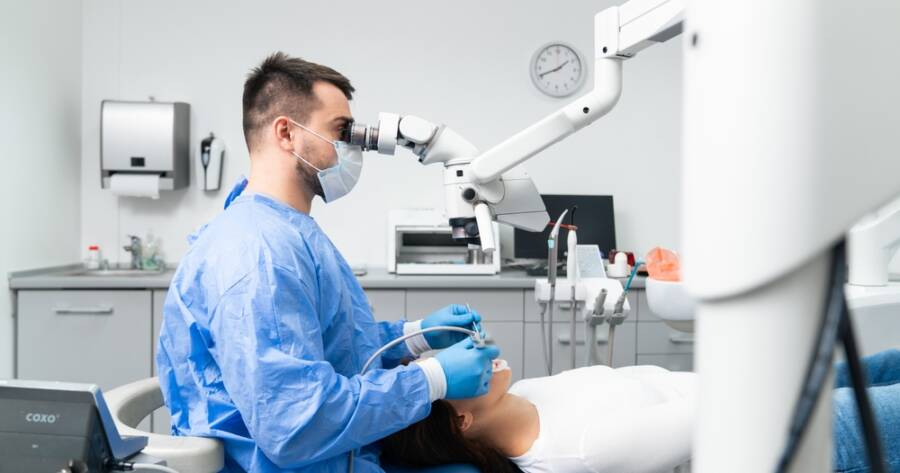Dental implants have revolutionized the way missing teeth are replaced, offering a long-lasting, natural-looking solution for patients. However, new technologies, materials, and surgical techniques continue to improve implant success rates and patient outcomes. Dental implant clinical trials play a crucial role in advancing research, testing new implant designs, biomaterials, and surgical procedures before they become widely available.
What Are Dental Implant Trials?
Dental implant trials are research studies conducted to evaluate new implant systems, materials, surgical techniques, and long-term success rates. These trials are often sponsored by universities, dental schools, medical companies, and research institutions and are supervised by regulatory bodies like the U.S. Food and Drug Administration (FDA) and the National Institutes of Health (NIH).
Types of Dental Implant Trials
- New Implant Materials – Testing stronger, more biocompatible materials like zirconia implants instead of traditional titanium.
- Minimally Invasive Surgery – Evaluating new surgical techniques that reduce healing time and post-operative discomfort.
- Immediate Load Implants – Studying implants that allow same-day placement and restoration rather than waiting months for osseointegration.
- Bone Grafting Alternatives – Testing growth factors and biomaterials to enhance bone regeneration and improve implant stability.
- Smart Implant Technology – Developing implants with built-in sensors to monitor healing and detect complications early.
Benefits of Participating in a Dental Implant Trial
1. Reduced or No Cost for Treatment
Many clinical trials offer free or discounted dental implants, making them an excellent option for individuals unable to afford standard implant procedures.
2. Access to Advanced Technology
Participants may receive state-of-the-art implant solutions that are not yet available to the public.
3. Professional Dental Care
Implants are placed by experienced dentists, oral surgeons, or dental students under expert supervision, ensuring a high standard of care.
4. Contributing to Dental Research
By joining a trial, participants help advance scientific knowledge and improve future treatments for millions of people needing dental implants.
Risks and Considerations
- Unproven Techniques or Materials – Since trials test new approaches, there may be unexpected risks or complications.
- Longer Treatment Time – Research studies often require extensive follow-ups and monitoring, extending the overall treatment timeline.
- Eligibility Restrictions – Participants must meet strict criteria, including age, bone health, and medical history.
How to Find and Enroll in a Dental Implant Trial
- Check Clinical Trial Databases – Websites like ClinicalTrials.gov, NIH.gov, and university dental school websites list available studies.
- Contact Dental Schools – Many universities with dental programs offer clinical trials and discounted implant procedures.
- Ask Your Dentist – Your dental provider may have connections to research institutions running trials.
- Meet Eligibility Requirements – Trials have specific participant criteria, such as missing teeth, healthy gums, and no severe medical conditions.
Are Dental Implant Trials Worth It?
Dental implant clinical trials provide an affordable way to receive cutting-edge treatment while contributing to scientific advancements in dental care and implant technology. While there are risks, the opportunity to gain access to innovative implant solutions under expert supervision makes it a worthwhile option for many patients seeking permanent tooth replacement. Those interested should research available trials, consult their dentist, and carefully weigh the benefits and risks before enrolling in a study. By participating, individuals can not only improve their own dental health but also help shape the future of implant dentistry worldwide.

